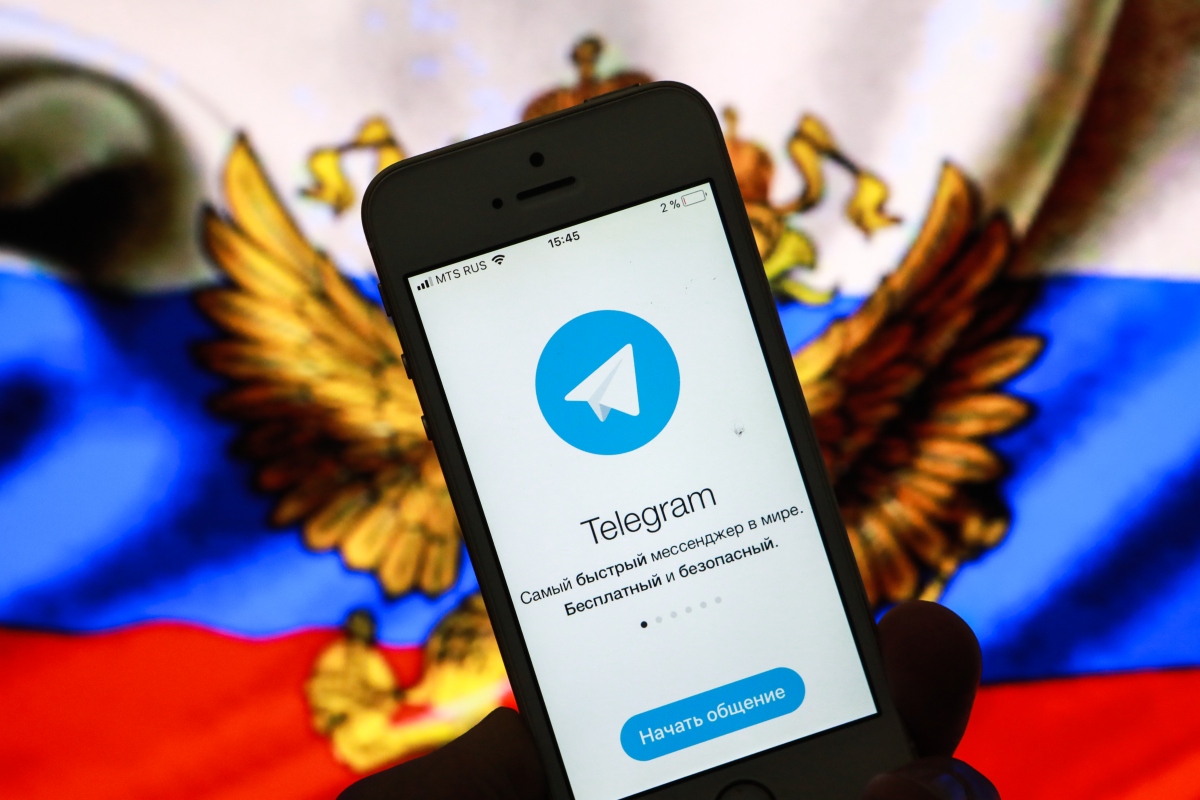
How the Kremlin mastered Telegram in less than a year

The Kremlin has turned communication platform Telegram into a useful political tool. Photo credit: TASS
What happened
In the last two years, the Telegram messaging service, founded by Russian entrepreneur Pavel Durov, has become the most important social media tool for political insiders. Now an investigation (Rus) by Proekt has revealed that the service, intended as an un-hackable communication tool, is being manipulated by the Kremlin’s PR teams.
- As the number of free media outlets continues to decline and information about those in power increasingly hard to come by, a new source of information has become fashionable in Russia: Telegram channels. These channels look like chats, where just one person is writing, and are, more often than not, anonymous. The topics vary widely, from fashion to Excel shortcuts. But the most popular are those about politics and the economy. Officially, Telegram has been banned since April 2018, but this hasn’t prevented the service from becoming the third most popular messenger in Russia after WhatsApp and Viber, with an 18% market share. Its core audience is government officials, journalists and other influential people.
- Almost all the most popular political Telegram channels attract readers by publishing anonymous rumors or, simply, made up stories about changes in the Kremlin or the government. At the end of 2016, the presidential administration realized that the distribution of information via a trusted channel to the right audience was an important asset. Several million dollars were dedicated to “conquering” Telegram and every Kremlin official responsible for propaganda and domestic politics now has a network of Telegram channels. During the 2018 presidential elections, they all worked to help get Vladimir Putin re-elected, but they are otherwise weapons for infighting between officials.
- It’s not just the government that’s in on the Telegram game. Russia’s largest state company, Rosneft, reportedly spent $170,000 on buying the most well known Telegram channel aggregator, which highlights popular posts. The most-read channels offer paid posts, which you can buy for $500 to $3,000 per post. You can also simply pay not to have anything negative written about you. The most popular topic for a block on negative comments is banks, one of the most corrupt forms of business in Russia.
Why the world should care
The Russian government understands the propaganda game very well. Well enough to transform a new but influential platform for independent media into a Kremlin-controlled information channel in the space of just a year.





